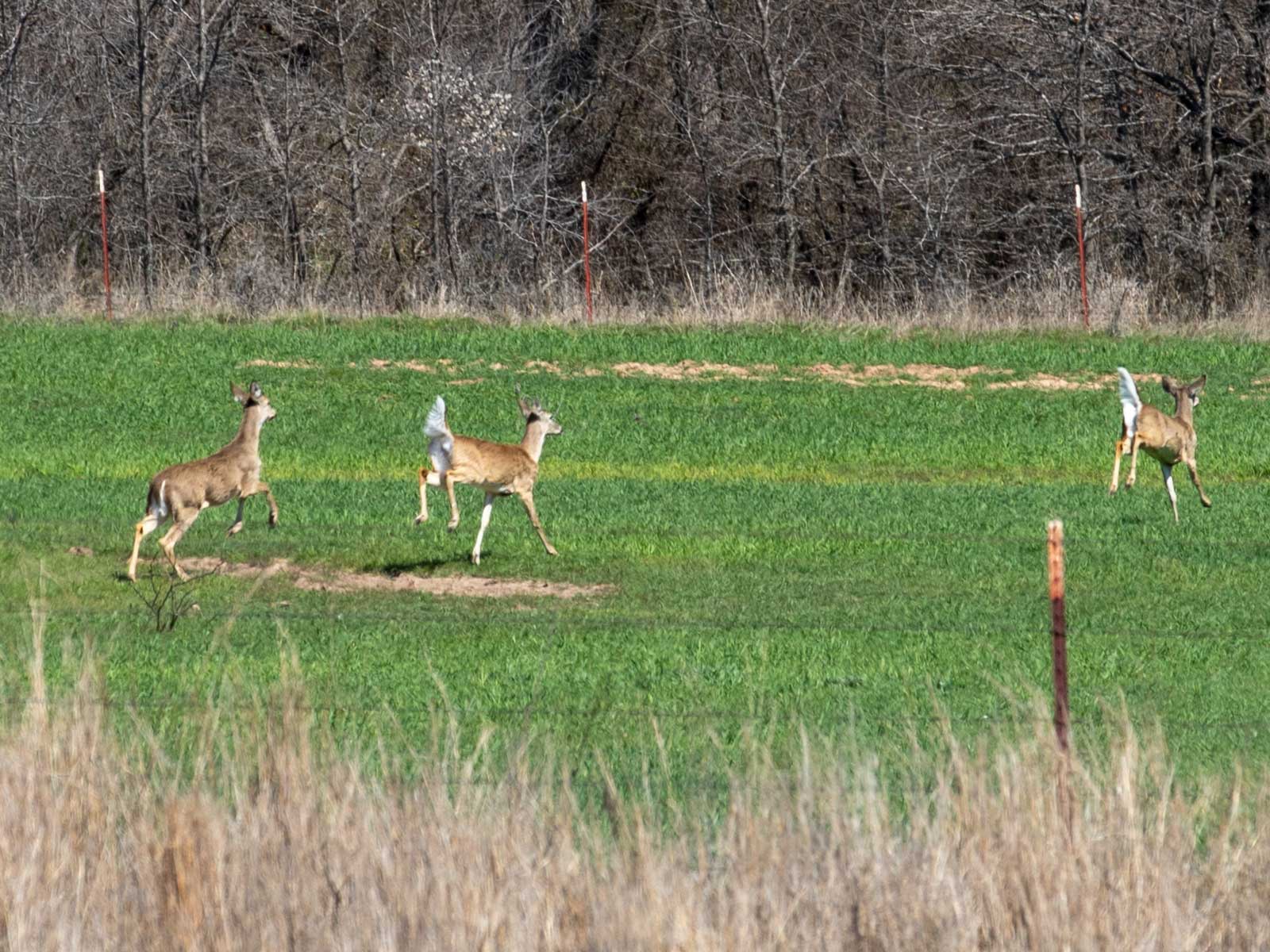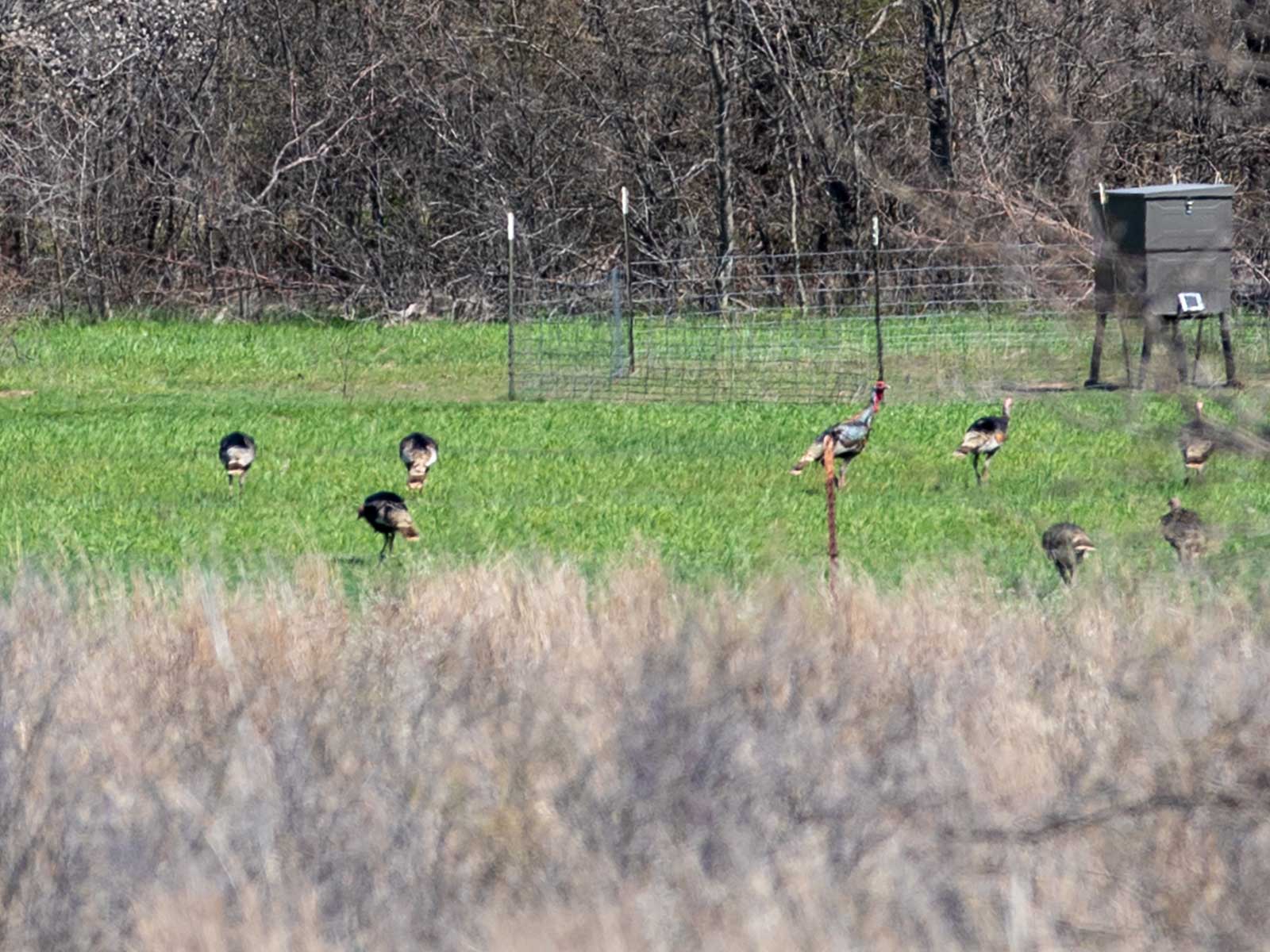
How to find and acquire prime hunting land for a lifetime of memories.
Picture it: a sprawling 160-acre tract of prime hunting habitat. A place where cherished memories with friends and family unfold over the years. Trophies adorning the walls, and the potential to create lasting family connections that bridge generations young and old. But before you take aim at purchasing hunting land, ask yourself: Are you fully prepared? What should you think about to make your vision a reality?
Meet Eric Johnson, a seasoned land expert with CJ Real Estate. He’s helped hundreds of people just like you find and develop amazing hunting property. Whether you’re after trophy whitetails or year-round sporting, Eric outlines 3 crucial factors to help you realize your dream.
1. Build Relationships
Networking is vital when searching for your perfect parcel. Build relationships with area local landowners and the people that influence is key.
Most landowners want to know that the land they are selling will be taken care of. They’re often concerned that their neighbors will have a good new neighbor when they sell. When landowners know what kind of person you are, and that you’re interested in hunting acreage, you’re much more likely to know about land before it goes on the market.
Local game wardens are another invaluable resource. They are often intimately familiar with public and private lands. They are usually well known to local guides, landowner and business owners.

Not only can they help you find exactly what you’re looking for faster, they can help you properly develop your habitat and introduce you to local landowners that you may not have met.
2. Hunt What You Know
If you’re lucky enough to lease or have permission to hunt a tract of great habitat already, look for adjacent property to buy. Chances are the landowner of your current tract will help you connect with neighboring landowners.
While that may sound obvious, the real benefit is buying land that you already know a lot about. The knowledge will save you time and money when it comes time to develop the land as you’ll already have a feel for wildlife populations and their patterns, hunting pressure, disease prevalence, predator populations, bad neighbors and many other things that must be evaluated before making a firm offer.
In the process you’ll make a solid financial investment while increasing your total huntable acreage.

3. Share the Load
Purchasing hunting property with your friends can get a little messy but the pros outweigh the cons when properly organized. There is a lot of work to researching, buying and developing a productive hunting property. Why not share the load with people you trust?
Ask yourself these questions when buying land with partners:
- Do you have similar goals, budgets and financial stability?
- Do you have a shared vision for the property?
- Do you have a clear plan if the situation changes for one or more partner?
- Do you have a plan for how to share the land?
Buying and building a great hunting property requires patience. Diligently establish local relationships. Avoid rash decisions. Approach your land search pragmatically. When you’ve found some land, bring in experts. Let them help you fully evaluate the land to ensure that the parcel is a smart financial investment as well as a prime hunting tract. The build your dream retreat and enjoy it with friends and family for a lifetime.